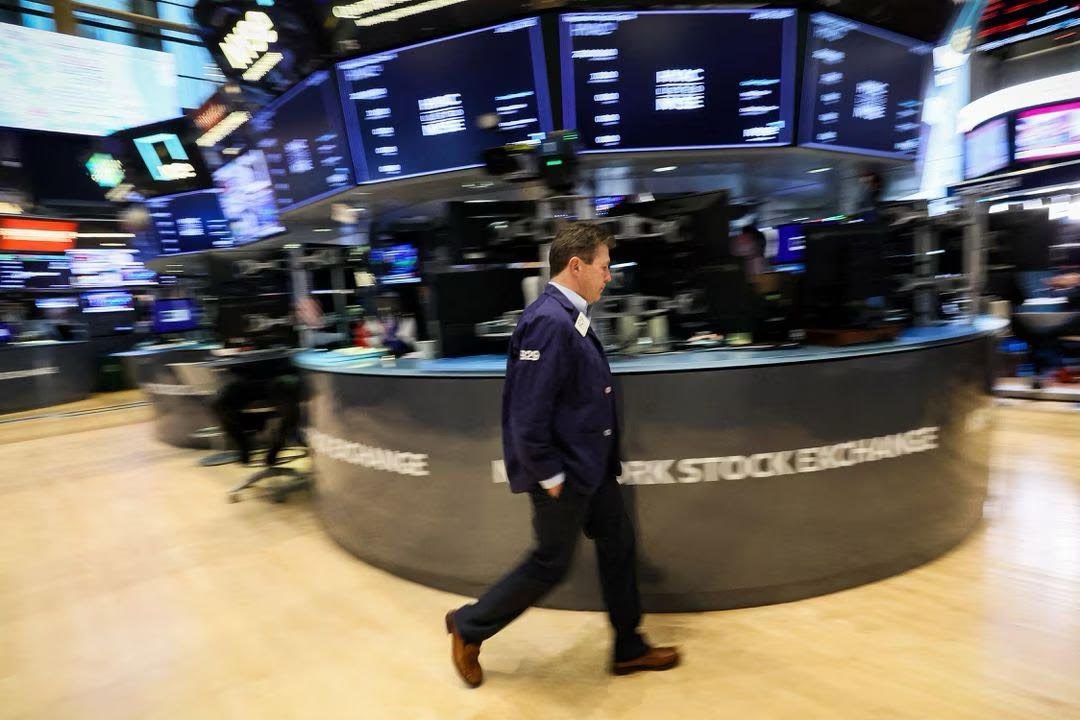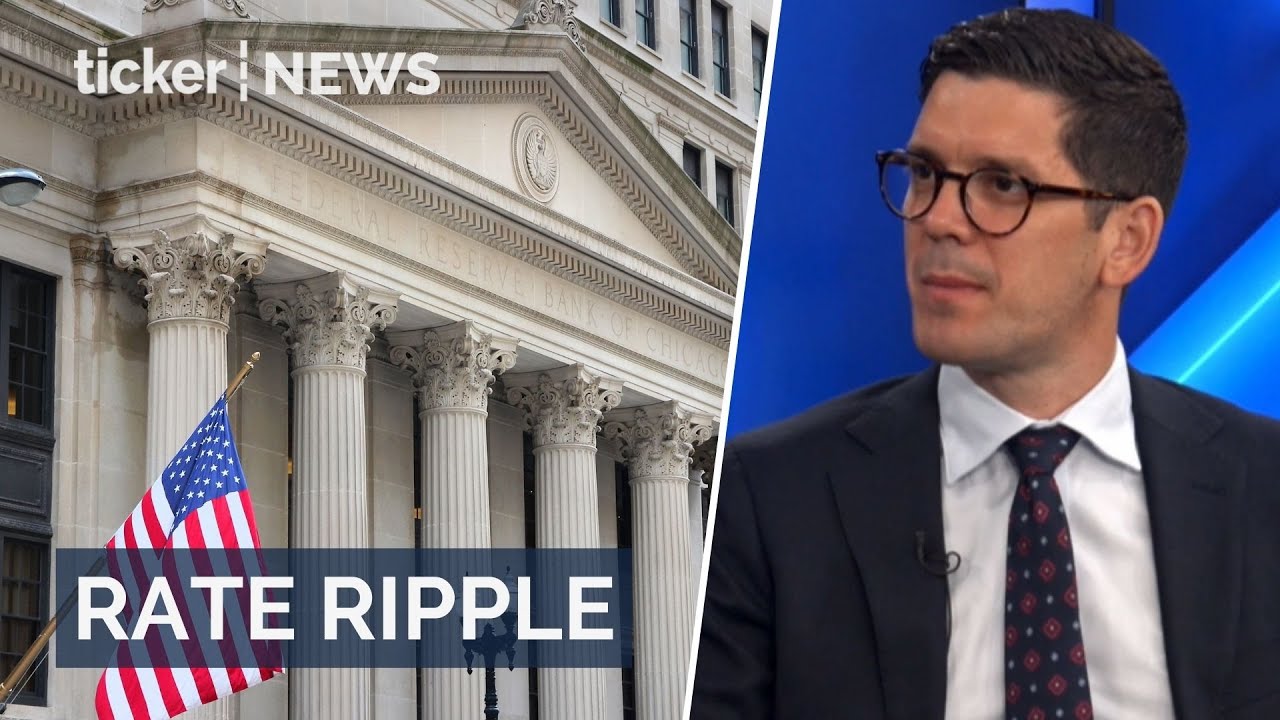Money
Markets are on a winning streak, so why is Tesla struggling?

Money
Markets in 2026: Fed rates, gold surge, oil tensions & AUD strength
As 2026 begins, markets face economic shifts; gold and silver soar, while energy and currencies impact global investors.
Money
Stocks hit record high as Powell faces investigation and Trump proposes credit cap
S&P 500 hits all-time high amid Fed scrutiny; Trump’s credit card cap proposal raises investor concerns over bank profits.
Money
Big banks, inflation, and earnings: What to watch this week
Major banks and corporations report earnings this week, influencing market outlook and economic indicators ahead of 2026.
-



 News1 day ago
News1 day agoSendle shuts down, small businesses left scrambling
-



 Ticker Views4 days ago
Ticker Views4 days agoViruses experts are watching in 2026
-



 Crypto5 days ago
Crypto5 days agoMorgan Stanley files for Bitcoin, Solana, and Ethereum ETFs
-



 Tech5 days ago
Tech5 days agoGlobal memory chip shortage set to drive electronics prices higher
-



 Crypto17 hours ago
Crypto17 hours agoCrypto climbs amid U.S. weakness and Iranian crisis
-



 Money2 days ago
Money2 days agoBoeing hits seven-year high in plane deliveries as demand soars
-



 News2 days ago
News2 days agoUK, Canada and Australia consider banning Elon Musk’s X over AI risks
-



 News3 days ago
News3 days agoTrump declares US ready to support Iranian protesters







